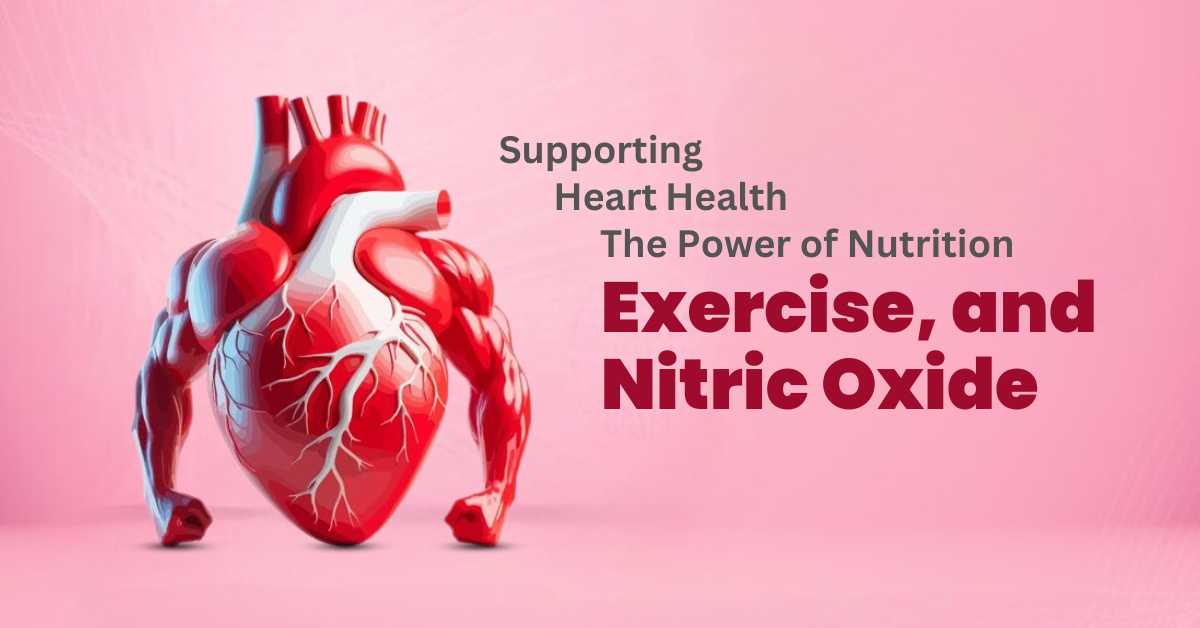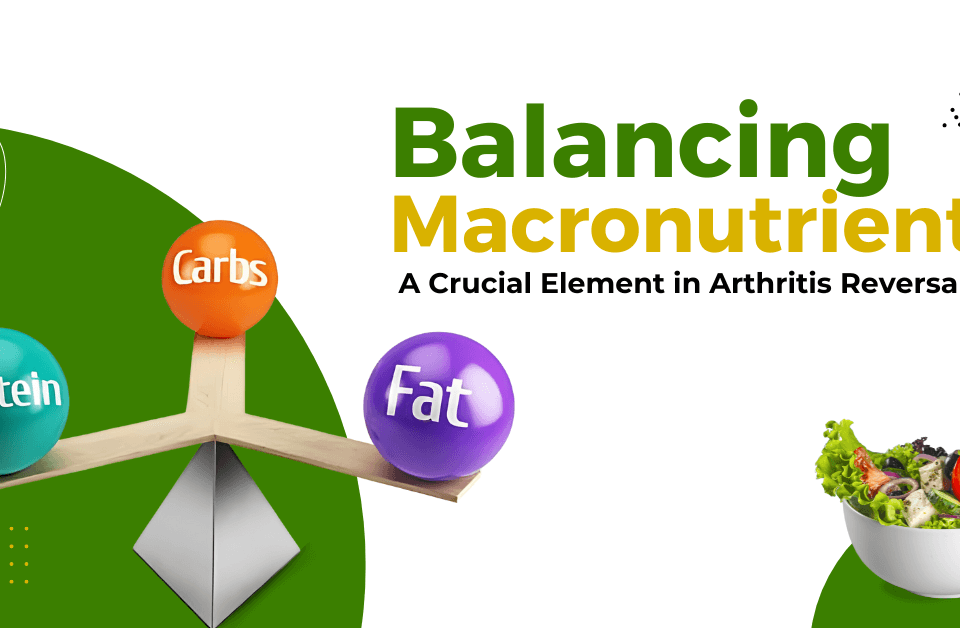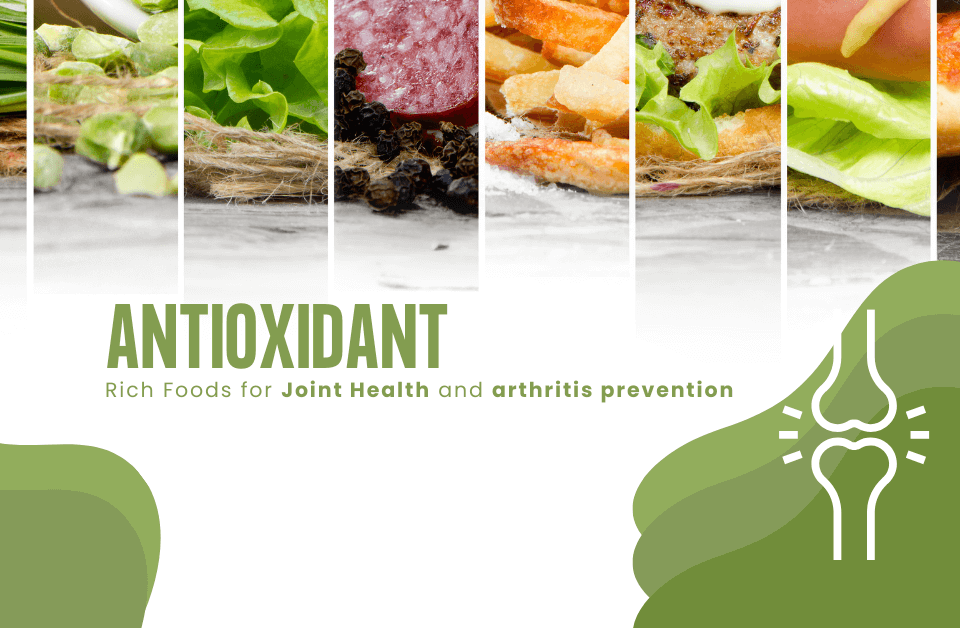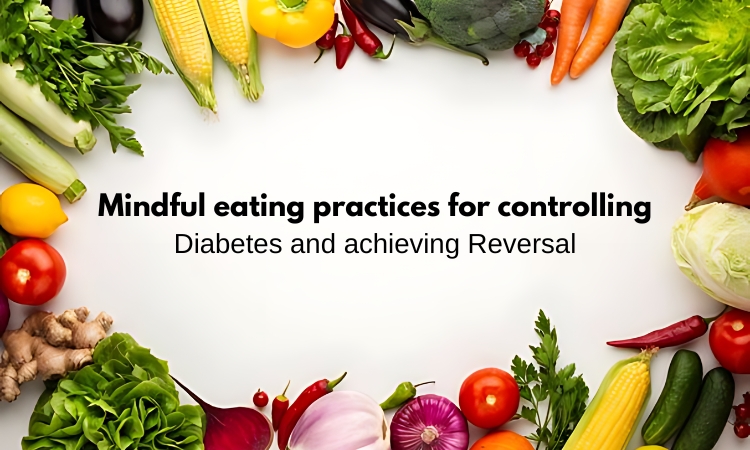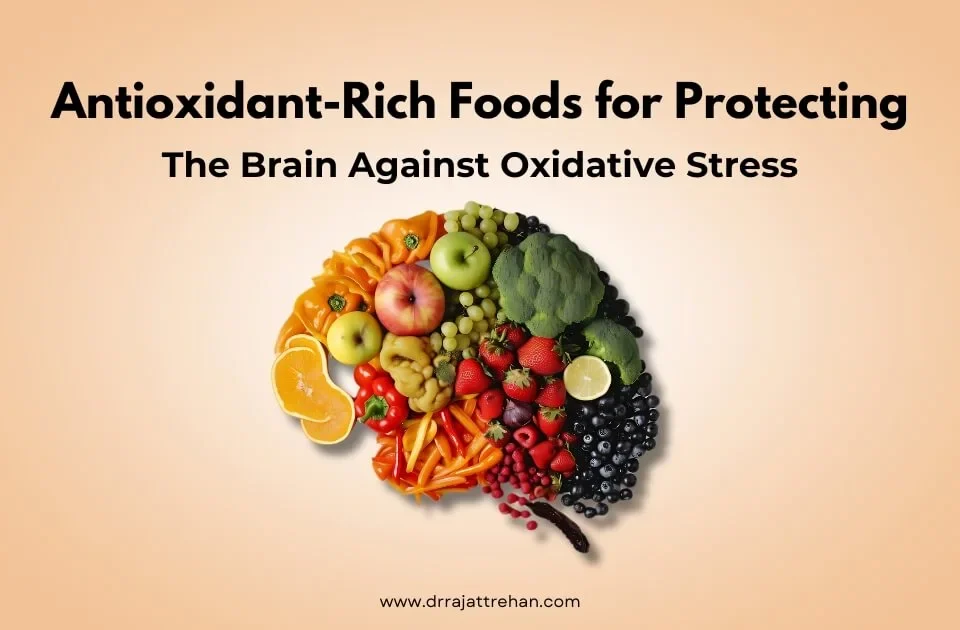Supporting Heart Health: The Power of Nutrition, Exercise, and Nitric Oxide

The Impact of Hydration on Insulin Sensitivity and Diabetes
August 3, 2024
Balancing Macronutrients: A Crucial Element in Arthritis Reversal
August 17, 2024A healthy heart is the foundation of overall well-being, and maintaining its optimal function is crucial for a long and active life. While various factors influence heart health, nutrition, exercise, and the role of nitric oxide have emerged as key players in supporting and improving cardiovascular health. In this blog post, we will delve into the importance of each of these aspects and explore how they work together to promote a strong and resilient heart.
The Role of Nutrition in Heart Health
Proper nutrition forms the cornerstone of heart health. Consuming a balanced diet rich in nutrients ensures that the heart receives the essential elements it needs to function optimally. A diet high in fruits, vegetables, whole grains, and lean proteins provides an abundance of vitamins, minerals, and antioxidants that support heart health. For instance, foods rich in omega-3 fatty acids, like salmon and flaxseeds, have been linked to reduced risk factors for heart disease, including lower blood pressure and improved cholesterol levels.
Eating certain foods can be good for your heart health, but there's no one "magic" food. Here are some heart-friendly foods:
- 1. Oily fish like salmon and tuna, containing omega-3 fatty acids, can improve blood flow and reduce the risk of clots.
- 2. Certain vegetable oils like canola and olive oil, along with fish oils, can lower "bad" LDL cholesterol when used instead of butter.
- 3. Fruits and vegetables provide fibre, potassium, and antioxidants that protect against heart disease.
- 4. Whole grains like oats and barley lower "bad" cholesterol and reduce heart disease risk.
- 5. Foods with low glycaemic load, such as whole grain bread, legumes, and most fruits, help manage diabetes and lower blood triglycerides and glucose levels.
- 6. Legumes, nuts, and seeds offer plant proteins, fibre, and healthy fats to reduce cardiovascular risk.
- 7. Tea, with antioxidants, may prevent fatty deposits in arteries and improve blood vessel function.
- 8. Foods with vitamin E, like avocados and dark green veggies, can protect against LDL cholesterol.
- 9. Garlic can lower total and LDL cholesterol, decreasing heart disease risk.
- 10. Foods enriched with plant sterols, like certain margarine spreads and yoghurts, can lower LDL cholesterol by about 10% when consumed daily.
Exercise and Heart Health
Regular exercise is a powerful way to decrease your chances of experiencing heart disease and stroke, two of the leading causes of death in the nation. Heart disease ranks as the No. 1 killer, while stroke holds the position of No. 5. To effectively reduce your risk, the American Heart Association strongly advises engaging in physical activity for a minimum of 150 minutes per week at a moderate intensity level.
Alternatively, you can opt for 75 minutes of vigorous exercise each week or even combine both moderate and vigorous activities. Achieving this goal is more attainable than you might think; aim for thirty minutes of exercise daily, spreading it across five days of the week.
By committing to regular exercise, you can take a proactive step in safeguarding your heart health and overall well-being. Exercise enhances cardiovascular fitness, strengthens your heart and blood vessels, helps regulate blood pressure, and improves cholesterol levels. Moreover, it assists in maintaining a healthy body weight, reduces stress, and boosts your overall energy levels. Embracing this healthy habit empowers you to lead a longer, more vibrant life and diminishes the likelihood of heart-related issues.
The Significance of Nitric Oxide in Heart Health
Nitric oxide (NO) is a naturally occurring gas within the human body that holds a crucial role in supporting heart health. Its primary function involves the relaxation and dilation of blood vessels, resulting in enhanced blood flow and decreased blood pressure. This essential molecule plays a pivotal role in improving vascular function, thereby promoting healthy circulation and subsequently reducing the likelihood of cardiovascular ailments, including hypertension and atherosclerosis.
Conclusion
To safeguard heart health and reduce the risk of cardiovascular diseases, a holistic approach that combines proper nutrition, regular exercise, and the benefits of nitric oxide is essential. Consuming a heart-healthy diet, engaging in physical activity, and promoting nitric oxide production through various means, such as consuming nitrate-rich foods, are powerful strategies that can work synergistically to support a healthy heart.
By making these lifestyle choices, we can take charge of our cardiovascular health and pave the way for a vibrant and heart-healthy future.

